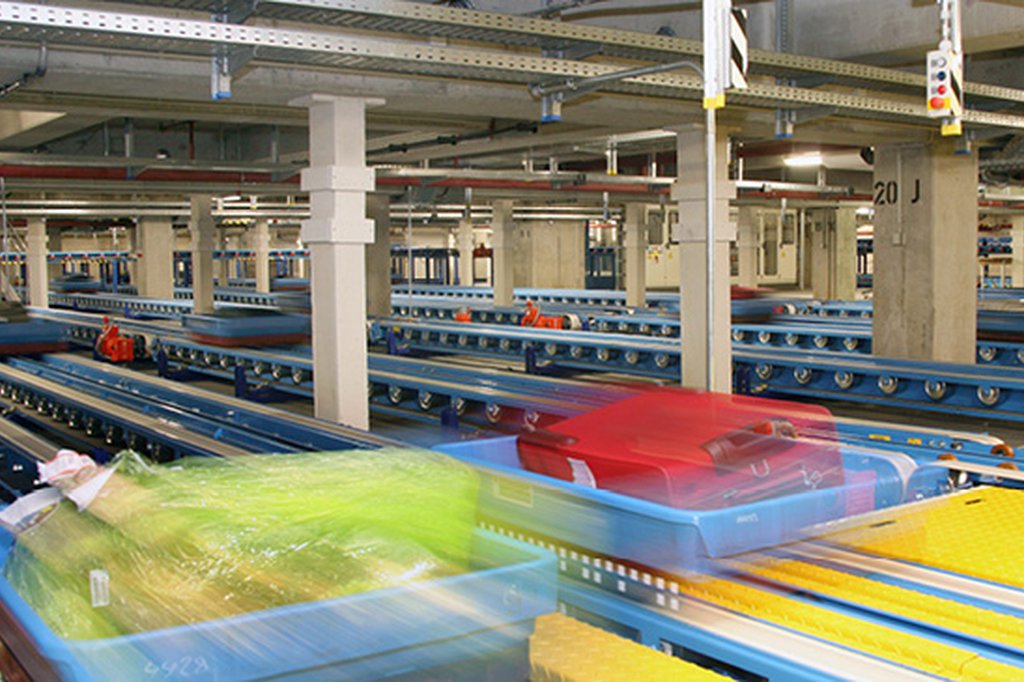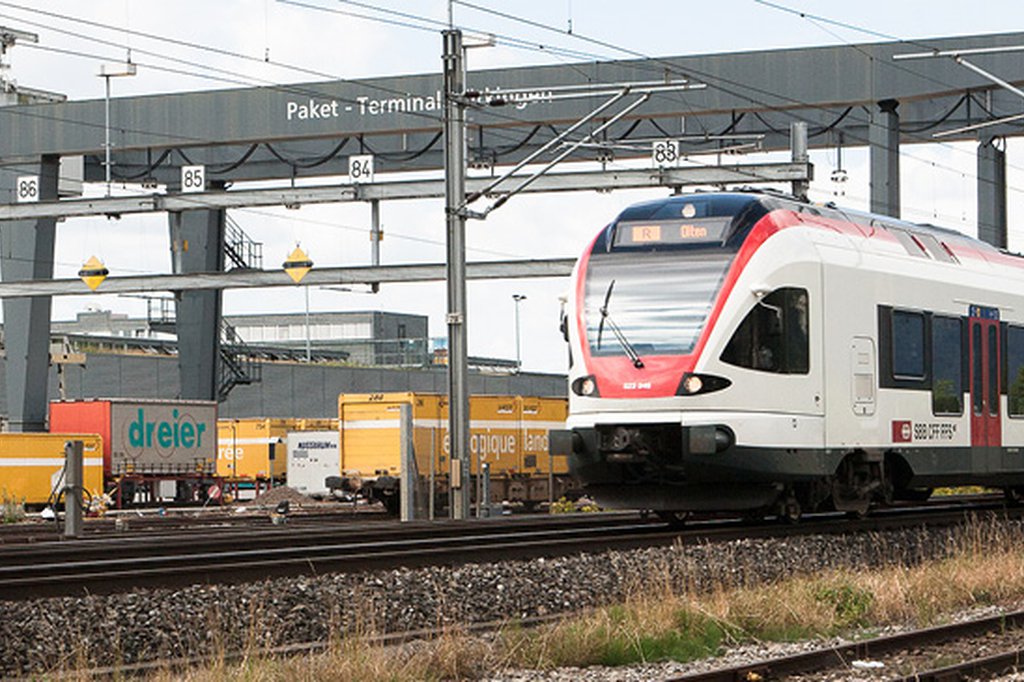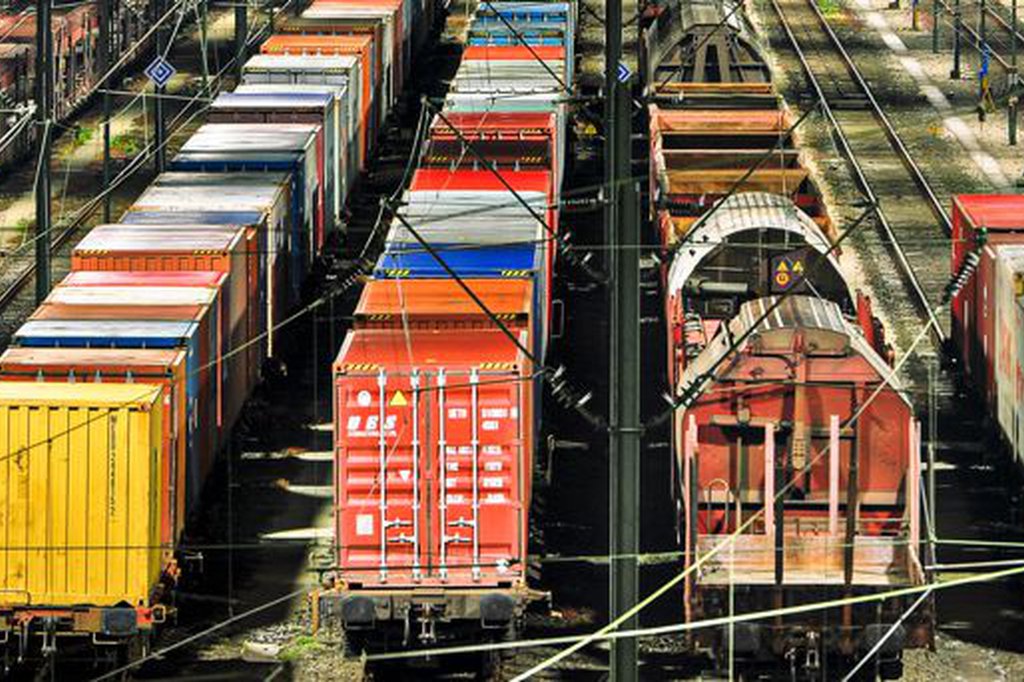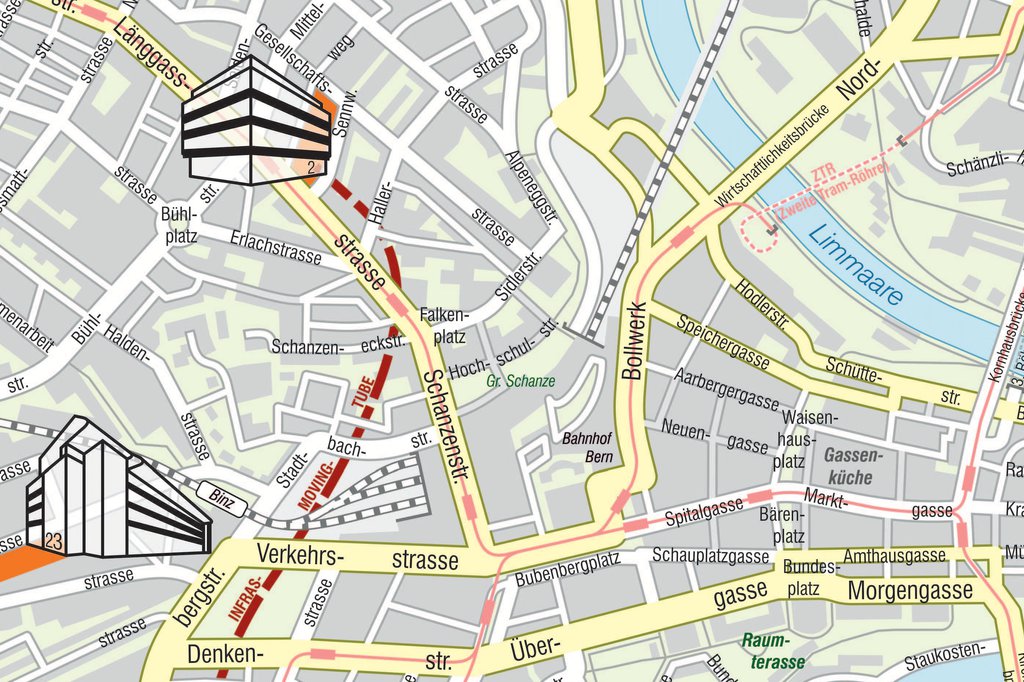The report «Wege aus der Wohlstandsfalle» (how to escape the wealth trap) published by the Swiss group «Neue Analysen für Wachstum und Umwelt NAWU» (new analyses for growth and environment) in 1978 is one of the most important foundations in research regarding a sustainable development in Switzerland. Being part of a large consortium, also INFRAS cooperated intensely at the time. How can a sustainable development for society, economy and politics be achieved? This is a question that still propels us in our work today. And yet, many things have changed. When thinking for tomorrow, our scope has thematically and methodically widened. We have enhanced the independent external view. And we have increased the internal responsibility: We are not just a handful of employees anymore, but today INFRAS counts more than 50 staff members in Zurich and Berne, Switzerland. Also within INFRAS sustainable development is essential for us. We are delighted with our tasks and raise a toast on yesterday, today and tomorrow.





